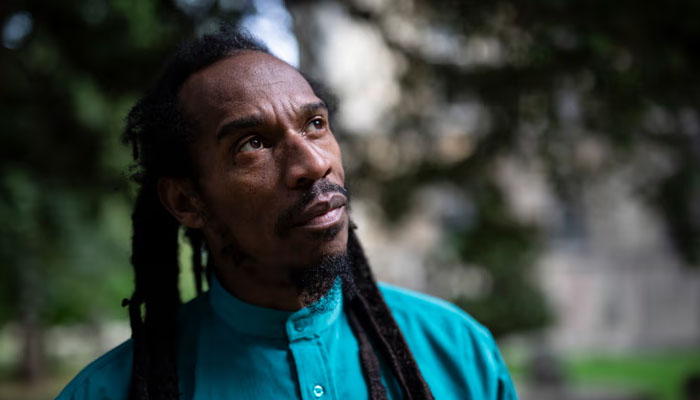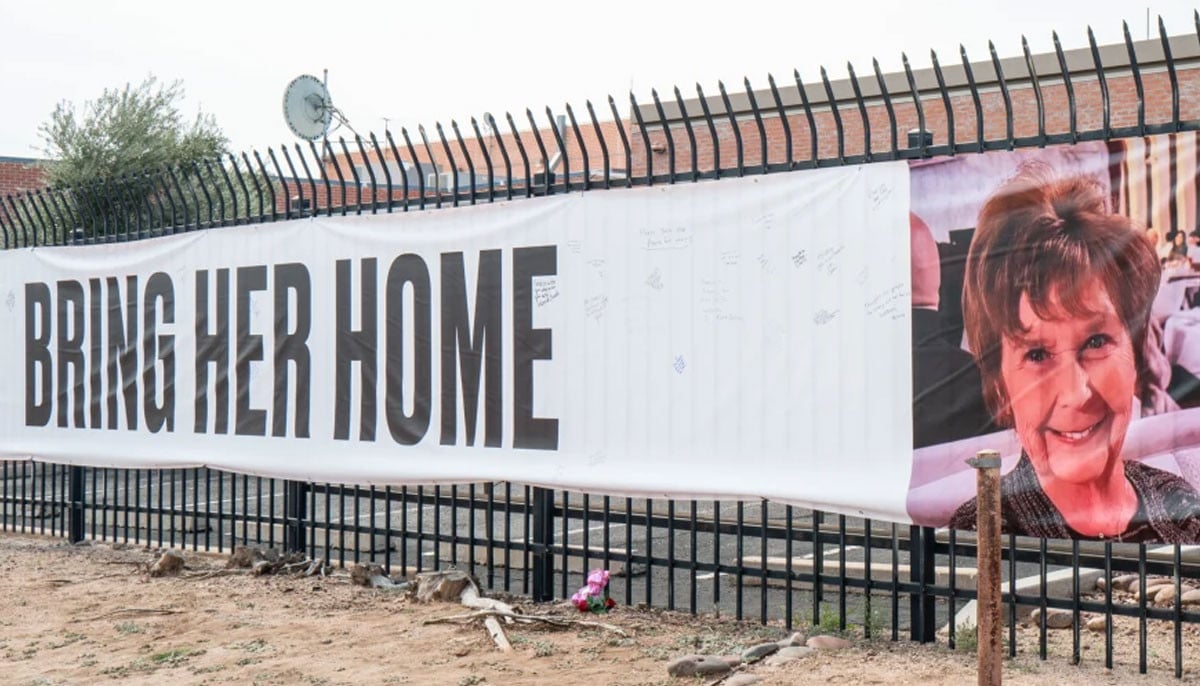Benjamin Zephaniah, British author of 'Refugee Youngster' dies at age 65
Benjamin Zephaniah was born in Handsworth, Birmingham, which he described as a "cold suburb of Kingston, Jamaica"
Benjamin Zephaniah, a British poet and author whose poetry and books frequently addressed political injustice, died at the age of 65 in the early hours of Thursday morning, eight weeks after being diagnosed with a brain tumour, as per a message on his Instagram page.
“Benjamin’s wife was by his side throughout and was with him when he passed,” the post read. “We shared him with the world and we know many will be shocked and saddened by this news. Benjamin was a true pioneer and innovator, he gave the world so much. Through an amazing career including a huge body of poems, literature, music, television and radio, Benjamin leaves us with a joyful and fantastic legacy”.
Zephaniah was born in Handsworth, Birmingham, which he described as a "cold suburb of Kingston, Jamaica" in April 1958. He began reciting poems in his early adolescence, just before quitting school at the age of 13.
He relocated to London in 1979, and his debut collection, Pen Rhythm, was released the following year. He began playing at protests, youth gatherings, and in front of police stations. "I was a vocal opponent of both racism and apartheid." "We are a multicultural society, but institutions must catch up," he stated in 2019.
His poems frequently addressed historical and present issues. The Dread Affair, his second poetry book, was published in 1985 and included a number of pieces criticising the British court system. Rasta Time in Palestine, a poetry and travelogue based on a tour of the Palestinian territory, was released in 1990.
As part of the fight to uncover the killers of the 18-year-old south-east Londoner, he authored What Stephen Lawrence Has Taught Us in 1999.
His work was highly influenced by Jamaican music and poetry, and he was sometimes labelled a dub poet.
He also had a number of CDs published and was the first person to record with the Wailers following Bob Marley's death as a tribute to Nelson Mandela.
Mandela was in jail when he heard the homage and later sought to see Zephaniah. Mandela requested Zephaniah to hold a performance celebrating Mandela at the Royal Albert Hall in 1996.
His publishing increased in the 1990s, and he issued many collections, including Talking Turkeys, Inna Liverpool, and School's Out: Poems Not for School. He also focused his performances outside of Europe.
In 2003, Zephaniah rejected his OBE. “Me? I thought, OBE me? Up yours, I thought,” he wrote in the Guardian. “I get angry when I hear that word ‘empire’; it reminds me of slavery, it reminds of thousands of years of brutality, it reminds me of how my foremothers were raped and my forefathers brutalised.”
He published numerous novels, including "Refugee Youngster", which is about political refuge, and "Face", which is about a youngster who suffers facial damage in an accident. The Life and Rhymes of Benjamin Zephaniah, his autobiography, was released to coincide with his 60th birthday.
-
Drama outside Nancy Guthrie's home unfolds described as 'circus'
-
Marco Rubio sends message of unity to Europe
-
Hilarie Burton reveals Valentine's Day plans with Jeffrey Dean Morgan
-
Jacob Elordi, Margot Robbie on 'devastating' scene in 'Wuthering Heights'
-
China to implement zero tariffs on African imports in major trade shift
-
Jack Thorne explains hidden similarities between 'Lord of the Flies' and 'Adolescence'
-
Elon Musk vs Reid Hoffman: Epstein files fuel public spat between tech billionaires
-
New Zealand flood crisis: State of emergency declared as North Island braces for more storms












